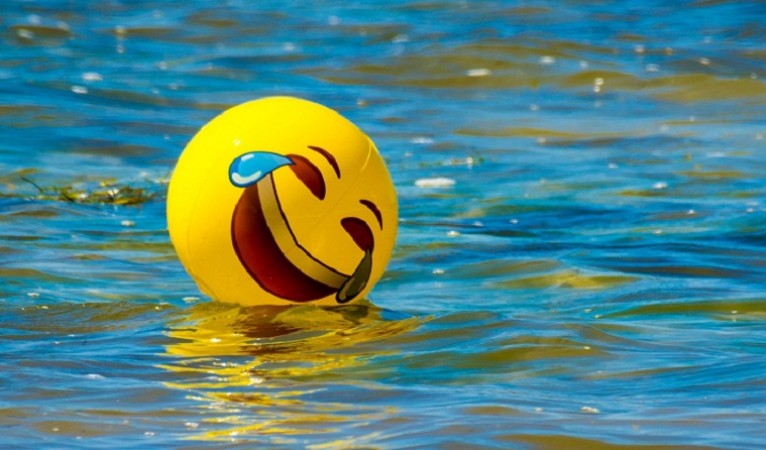
New Delhi: If someone asks you what is the global language of today's new era? In India, the largest English-speaking country, most people may give this title to English. But that is not true. In fact, today's global language is emoji. It has no letters, but a picture, a feeling, a reaction. There is a voice against inequality. There are no boundaries and breeds of this language on the Internet. Vyv Evans, a professor of linguistics at Bangor University in the UK, claims that emoji is the world's fastest-spreading language in human history.
Starting with a total of 176 icons, the language has reached 3,353 emojis today. He says that emoji as a visual language has already surpassed the painting (Egyptian hieroglyphics) of ancient Egypt, which took more than five centuries to develop. Today, emojis are not only strengthening relationships in the world but have also become a means of fighting racial and political inequality. It is having such a profound impact on us without any sound that psychologists see its scars in our minds.
In 2015, Apple released a number of skin color emojis for its gadgets. These included emojis representing the LGBT group. Several online campaigns were launched on social media to remove racial distinctions in emojis and make them represent all breeds. Earlier in 2014, there was an emoji against anti-bullying emojis. Emojis of two different breeds of joints were also released last year. Especially for black and whites joints.
Bundelkhand land popular for diamonds grown precious stones, worth rupees thousand
Bihar: 16 people lost their lives in toxic liquor case, police investigating
US expresses grief over death of Indian journalist Danish Siddiqui killed in Taliban attack